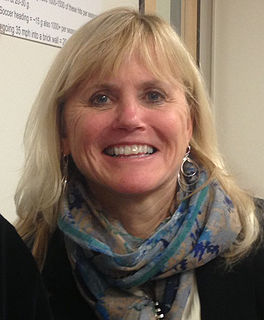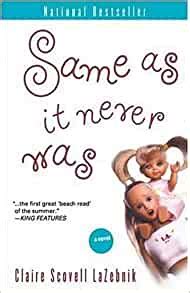A Quote by Greg Boyle
Kids are different from adults. They are not as developed as far as brain science, controlling impulses, and maturity, and fall prey to all kinds of pressures.
Related Quotes
The StarTalks - while kids can watch them, they're actually targeted at adults. Because adults outnumber kids five to one, and adults vote, and adults wield resources, and adults are heads of agencies. So if we're going to affect policy, or affect attitudes, for me, the adults have always been the target population.
This is a really big space station. We do a lot of various kinds of work here, different kinds of science experiments; we have over 400 different experiments going on at any one time in different areas, from basic science research to medical technology, that hopefully will benefit more people on Earth.
You can't train kids in a world where adults have no concept of what science literacy is. The adults are gonna squash the creativity that would manifest itself, because they're clueless about what it and why it matters. But science can always benefit from the more brains there are that are thinking about it - but that's true for any field.
There are different kinds of truths for different kinds of people. There are truths appropriate for children; truths that are appropriate for students; truths that are appropriate for educated adults; and truths that are appropriate for highly educated adults, and the notion that there should be one set of truths available to everyone is a modern democratic fallacy. It doesn't work.
One of the things you learn as president is, as powerful as this office is, you have limited bandwidth. And the time goes by really quickly and you're constantly making choices, and there are pressures on you from all different directions - pressures on your attention, not just pressures from different constituencies. And so you have to be pretty focused about where can you have the biggest, quickest impact.
It's great that there are so many different kinds of books for kids and adults to choose from. I think an eclectic reader is the best kind of reader to be, which would be why I was always so satisfied to hear that kids read the Baby-Sitters Club books and then went on and discovered other authors and other genres.


































